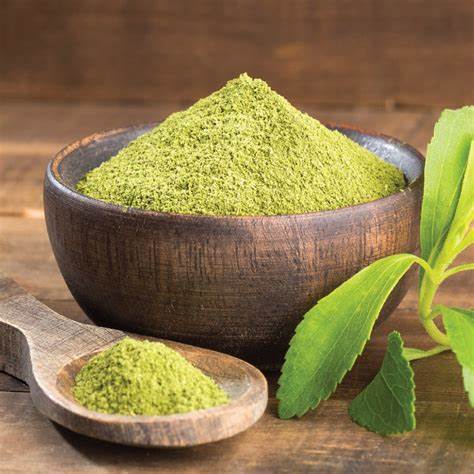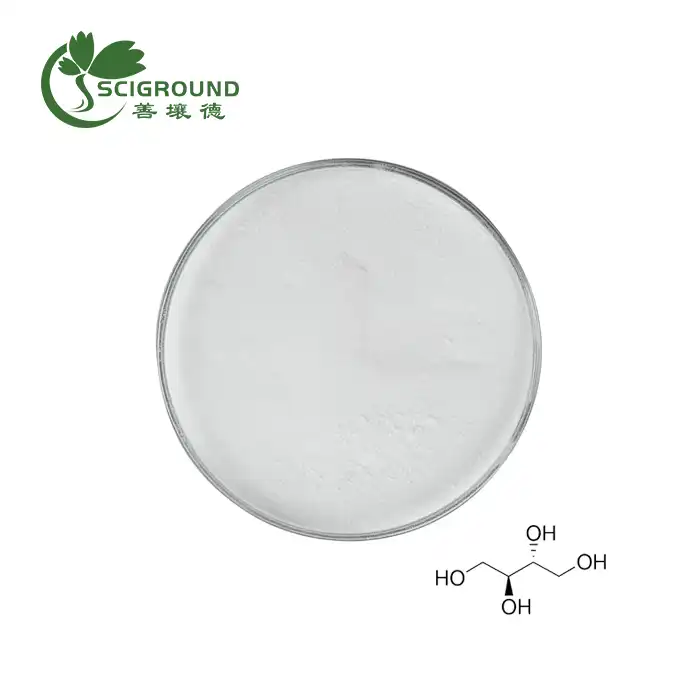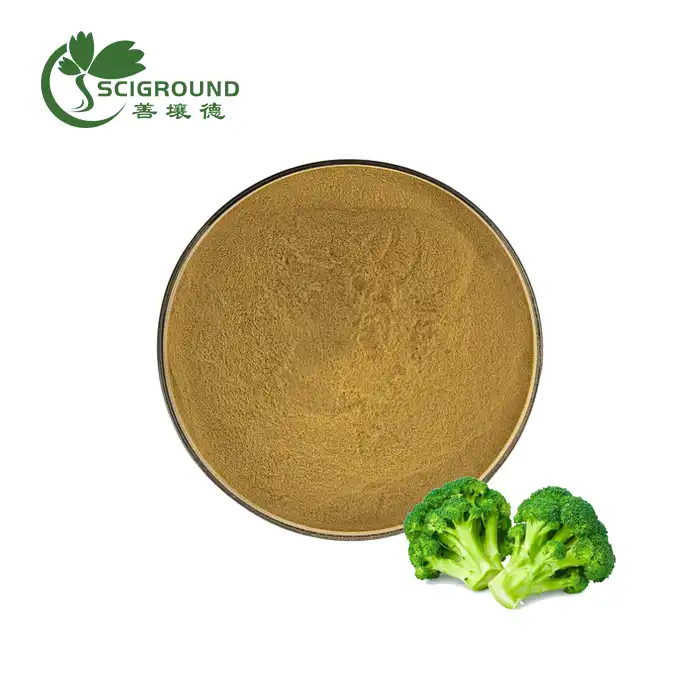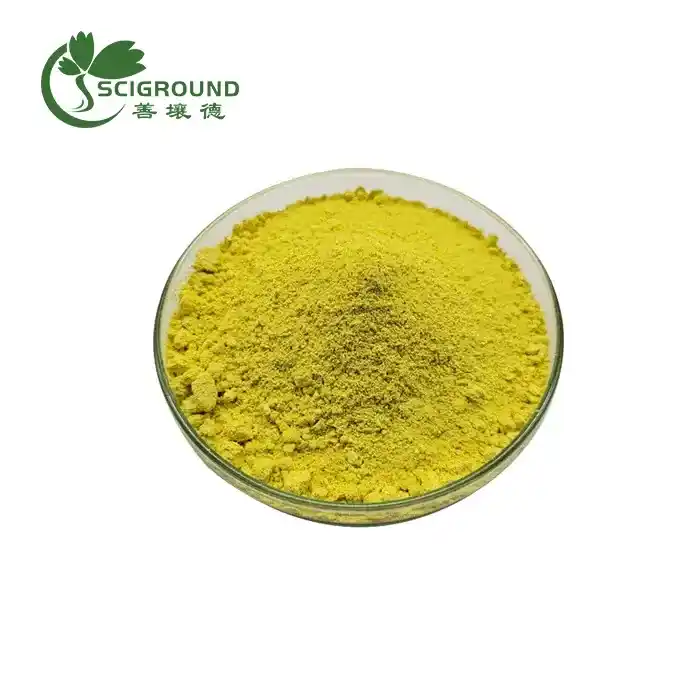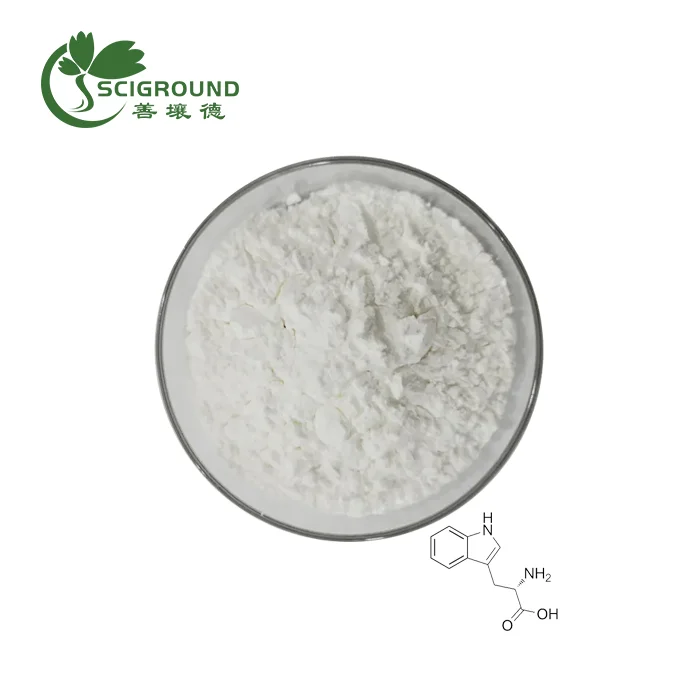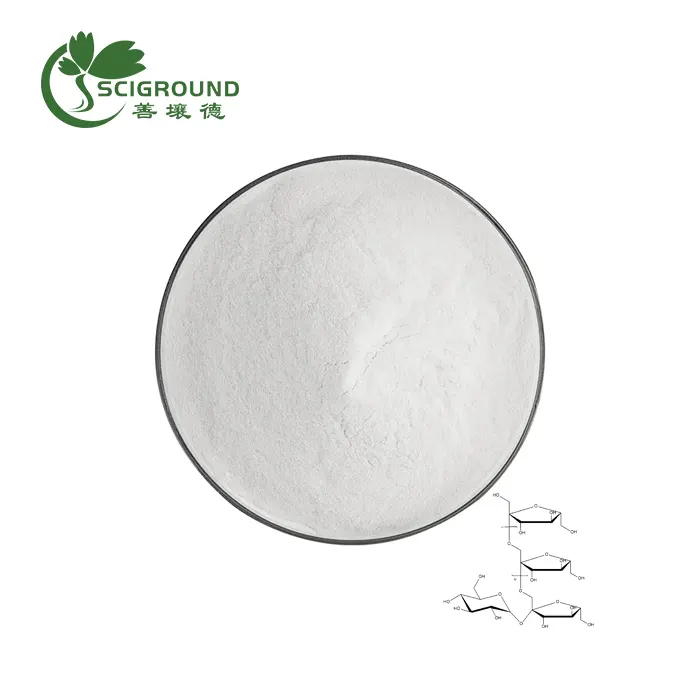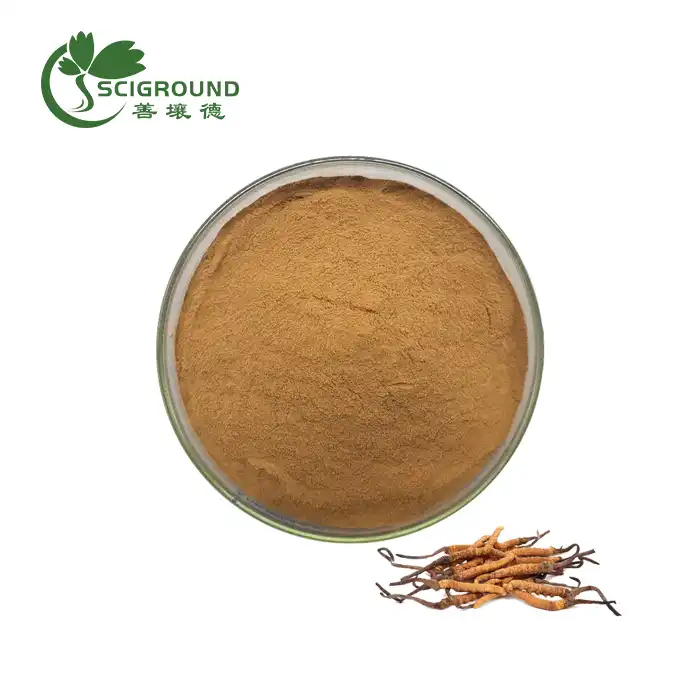Does Stevia Leaf Extract Have Alcohol
Introduction
As I delved into the world of Stevia leaf extract, I stumbled upon an interesting question that has piqued my curiosity: Does Stevia leaf powder have alcohol? This article aims to unravel this query and provide comprehensive insights into the composition of Stevia leaf supplement extract, its potential alcohol content, the benefits of Stevia leaf supplement powder, and alternatives for those seeking an alcohol-free option.
Understanding Stevia Extract Composition
To comprehend whether the Natural Sweetener Extract from Stevia contains alcohol, it's essential to first grasp the composition of this natural sweetener. Stevia, scientifically known as Stevia rebaudiana, is a South American plant celebrated for its intensely sweet leaves. The sweetness of Stevia is attributed to a group of compounds called steviol glycosides. These glycosides are extracted from the leaves to create Stevia leaf powder, which serves as a low-calorie alternative to sugar.
Stevia Leaf Extract Composition:
The composition of Stevia Leaf Extract is primarily characterized by a group of natural sweetening compounds known as steviol glycosides. These glycosides are responsible for the intense sweetness of Stevia and are derived from the leaves of the Stevia rebaudiana plant. The key components of Stevia Leaf Herbal Extract include rebaudioside A (Reb A), rebaudioside C (Reb C), rebaudioside D (Reb D), stevioside, dulcoside A, steviol, and isosteviol.
Reb A is one of the most abundant and sweetest glycosides in Stevia, while Reb C and Reb D contribute to the overall sweetness as well. Stevioside is another major glycoside and is converted to steviol when ingested. Steviol and isosteviol are breakdown products of the glycosides. The specific ratio and concentration of these components can vary in different Stevia products, depending on the extraction and purification processes used. It's important to note that these glycosides are many times sweeter than sugar and are highly sought after as a natural, low-calorie sweetening agent in the food and beverage industry.
What Is Stevia Leaf Powder?
Stevia leaf extract is commonly processed into a powdered form known as Stevia leaf herbal powder. This powder is widely used in the food and beverage industry as a sugar substitute due to its intense sweetness and low-calorie nature. It is important to note that pure Stevia leaf herbal powder, derived from the leaves of the Stevia plant, should not contain any alcohol. However, when Stevia extract is processed into various Stevia-based products, the possibility of alcohol being introduced arises, which we will explore in the next section.
Alcohol in Stevia Extract: What You Need to Know
While pure Stevia leaf powder should be alcohol-free, some Stevia extracts used in commercial products may contain alcohol as a result of the extraction process. Steviol glycosides are typically extracted from the Stevia leaves using water or food-grade alcohol (ethanol). Ethanol is utilized to separate the glycosides from the plant material and create a concentrated Stevia extract. However, this alcohol is usually removed during subsequent processing stages, resulting in alcohol traces below regulatory limits in the final product.
The presence of alcohol in Stevia extract is tightly regulated, and manufacturers are required to adhere to strict guidelines to ensure it remains within permissible limits. Therefore, when consuming products containing Stevia extract, it is highly unlikely to have any noticeable alcohol content that could affect your health or well-being.
Stevia Leaf Supplement Extract Benefits In Common
Stevia leaf supplement powder has gained popularity as a natural, zero-calorie sweetener. It offers several benefits for those who seek a sugar substitute, whether it's for dietary reasons, managing blood sugar levels, or reducing calorie intake. Some common advantages of Stevia leaf supplement extract include:
Weight Management: Stevia leaf powder is virtually calorie-free, making it an excellent choice for individuals looking to manage their weight or reduce caloric intake.
Blood Sugar Control: Stevia does not raise blood sugar levels, making it a suitable option for individuals with diabetes or those monitoring their sugar consumption.
Dental Health: Unlike sugar, Stevia does not promote tooth decay, making it a tooth-friendly choice.
Natural Origin: Stevia is derived from a plant source, which appeals to individuals seeking natural and organic sweeteners.
Alcohol-Free Stevia Options and Alternatives
For individuals who are concerned about the potential alcohol content in Stevia extract, there are alcohol-free Stevia options and alternatives readily available. These alternatives can provide the sweetness of Stevia without any alcohol-related worries. Some popular alcohol-free Stevia products include:
Stevia Leaf Steviol Glycosides: These are the purest form of Stevia without any added alcohol and can be used as a sweetening agent in various recipes.
Liquid Stevia Extracts: Some liquid Stevia extracts are processed without alcohol and offer a convenient way to sweeten beverages and desserts.
Stevia Blends: Some Stevia blends combine pure Stevia extract with other natural sweeteners like erythritol or xylitol, ensuring an alcohol-free option.
Conclusion
In conclusion, while the extraction process of Stevia leaf extract may involve alcohol, the final Stevia leaf powder should be alcohol-free. It is important to trust reputable manufacturers who adhere to regulatory guidelines. Stevia leaf supplement powder offers numerous benefits, and there are plenty of alcohol-free Stevia alternatives available for those who wish to avoid any potential alcohol traces. So, when you reach for Stevia to sweeten your coffee or tea, rest assured that it's unlikely to contain any significant amount of alcohol that could affect your health.
Reference:
"Stevia: A Comprehensive Review on Ethnopharmacology, Phytochemistry, and Biological Activities" - https://www.ncbi.nlm.nih.gov/pmc/articles/PMC5664017/
"Stevia: A Sugar Substitute with a Bright Future" - https://pubs.acs.org/doi/abs/10.1021/jf301225c
"Development of Steviol Glycoside Sweeteners in the USA" - https://pubs.acs.org/doi/abs/10.1021/jf020881c
E-mail: info@scigroundbio.com
Related Industry Knowledge
- What is the nutritional profile of Organic Agaricus Bisporus?
- What is Acmella oleracea extract?
- Is L-arginine the same as L-ornithine?
- What is Astragalus Extract Good For?
- What kind of inflammation does curcumin reduce?
- Do amino acids help burn fat?
- Where does inulin come from
- What is Polygala root good for?
- Can you take berberine on an empty stomach
- A Comprehensive Guide to Purchasing Kudzu Root Extract Powder for Business
